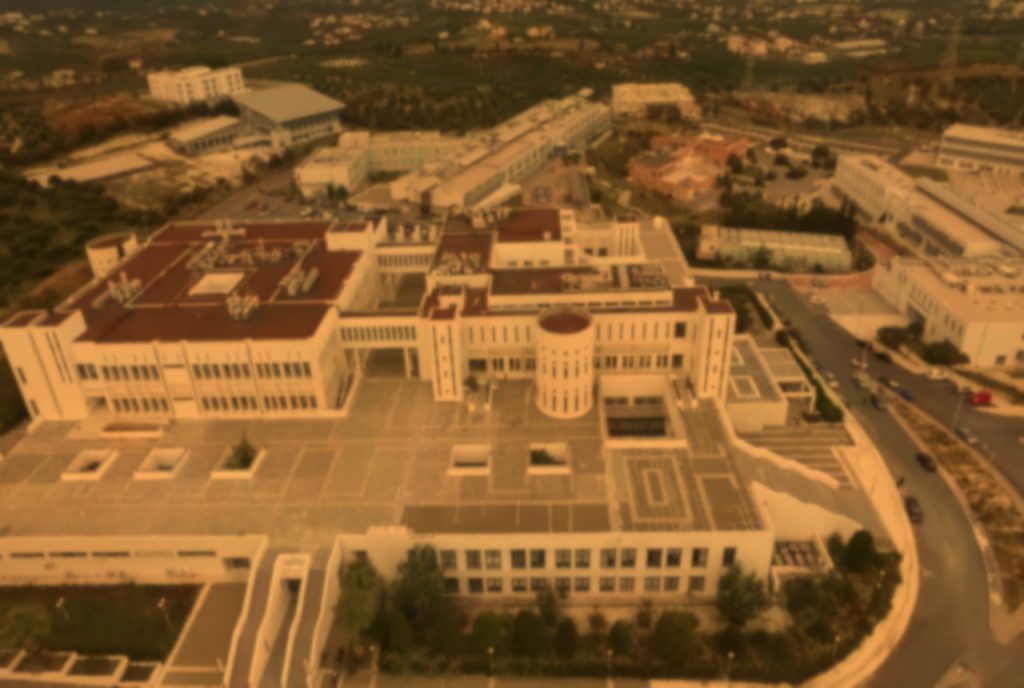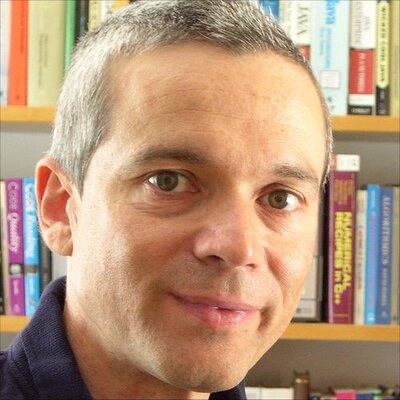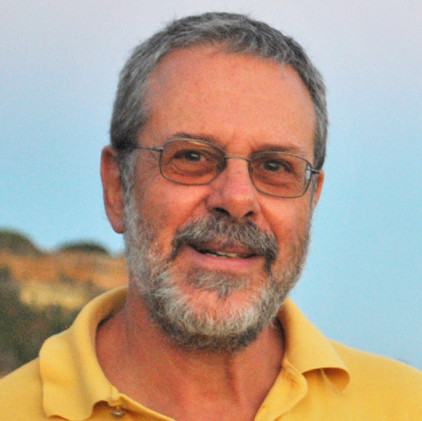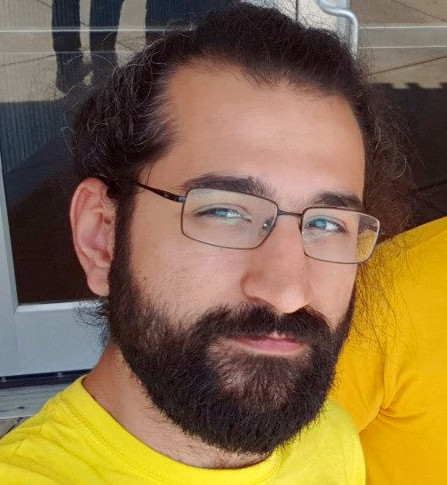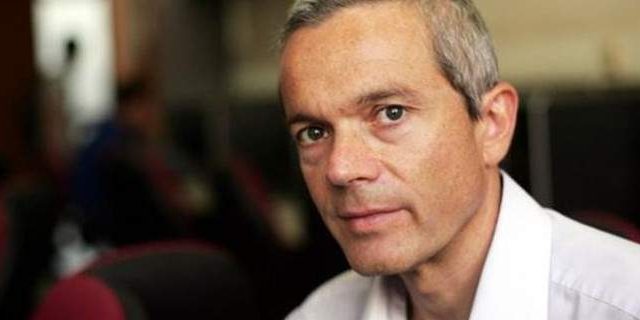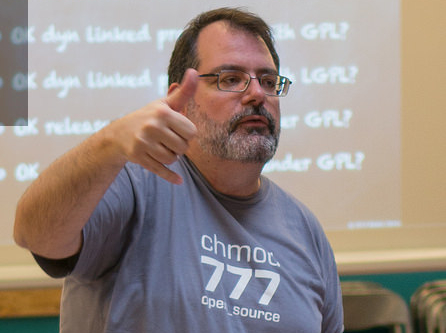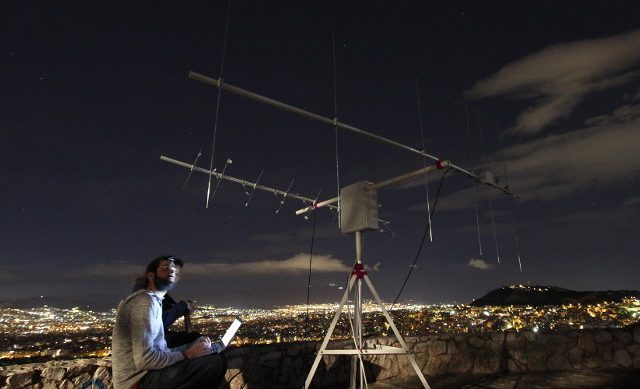From operating systems and modern processors to space, in hackerspaces, large corporations and research centers, open technologies are changing the world around us everyday. At FOSSCOMM 2018 we will have the honor and the chance to get to know some of the protagonists of this change and listen to their stories.
Diomidis Spinellis
Diomidis Spinellis is a Professor and Head of the Department of Management Science and Technology of the Athens University of Economics and Business, director of the Business Analytics Laboratory (BALab), and Editor-in-chief of IEEE Software journal. He has contributed on the development of FreeBSD and various open-source tools and libraries, and is a (four-time) winner of the International Obfuscated C Contest. Spinellis has also authored a series of books related to software development and code quality, two of which have been awarded with the Software Development Productivity Award. His research interests include programming tools and techniques, big data analysis and cloud computing, as well as systems security. For more information you may visit his personal web page.
On his talk, Mr. Spinellis will present the development of the UNIX Operating System architecture since 1970. UNIX has had a profound influence on the development of Operating Systems, especially open-source ones, since both Linux and BSD, among others, are based on its architecture. Based on restored source-code and manuals from the first editions of UNIX inside Bell Labs, until recent FreeBSD releases, we’ll examine the most significant milestones of its development, and its evolution rate over the years. Through this process we’ll also derive useful lessons on software development in general.
Alexios Zavras
On his talk Alexios will discuss the job opportunities that arise through FOSS. Nowadays, working with FOSS of any form provides a continuously growing competitive advantage when looking for a job. One of the main aspects of this trend is that it’s not limited to the strict scope of software engineering but also covers other areas of expertise such as graphic design, technical documentation writing, legal services related to licensing etc. Based on his extensive experience and with specific examples, Mr. Zavras will present lots of different activities and job paths available to those who dare to follow them…

Manolis Katevenis
Manolis Katevenis
In his talk, Mr. Katevenis will present the characteristics of the RISC architecture, the development history of RISC-II, the evolution of RISC-based processors, and the European actions, since the early 10’s, for energy-efficient Datacenters and Supercomputers. He will also introduce us to the RISC-V architecture, an open architecture, with participation from large tech companies, research centers (among which FORTH as well), and volunteers, that aims to be the next step in processor development. RISC-based processors have considerable advantages and are continuously gaining popularity, from mobile phones and networking equipment to large supercomputers such as Sunway TaihuLight, the world’s fastest supercomputer until 2018.
Pierros Papadeas
In his talk, Pierros will be covering the short history of Libre Space Foundation, the team’s previous experience on upstream and midstream space projects, how they got involved in UPSat, the status of the project when they got involved, the design, construction, verification, testing and delivery processes. He will also be covering current status and operations, contribution opportunities and thoughts about next open source projects in space. During the presentation we will be focusing also on the challenges and struggles associated with open source and space industry.

